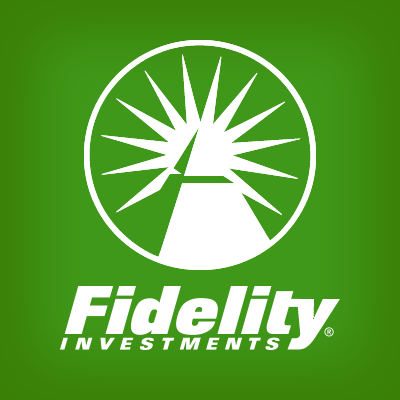As someone said above, I'm assuming youre debt free (except maybe a mortgage?).
- With that much loose money floating around, look at what debts you have at what %. Pay off anything in the stratosphere like credit card debts and anything 10% or more. Even 6-7% or more. What you want to do is invest in shit making more profit % than your debts %. Mortgages and car loans are probably at 2% or less now, so it's a pretty low bar to beat. Now if mortgages shot up to 5% like 15 years ago during $100 barrel of oil, then you might want to look into paying that off because trying to beat 5% isnt that easy
- Assuming you dont have anything crazy like that on a reoccurring balance, you got two main options. Markets or real estate
- For markets, you got stocks or funds. For real estate you go the landlord route.
- Stocks are riskier, but can be a quick flip for profit or dumping. Real estate, nobody is flipping it in a week. Buy and hold for years. More stable, but it's years and you might get a shit tenant. If you have no tolerance for deadbeats or people punching holes in your wall, avoid being a landlord. It can be a pain in the ass (felt it)
- Sounds like you arent that old, so if you go stocks (I never do funds), pick a mix of risky (tech and growth), so-so risky, and boring dividend payout companies (banks, utility companies)
- A good dividend yield I'd say is around 4%. But 3-5% is good. These kinds of big companies wont gyrate like Tesla, but they are more predictable and pay you something every quarter. Dont get tempted with weird ones where it look like it pays 12%. There's probably a reason for that like the stock is crashing because it sucks and soon the company will cut the dividend in half. For dividend payers, look for ones that makes lots of profits to cover the dividend (cash flow ratio). The bigger the buffer, the higher chance they'll keep the dividend. You dont want sketchy companies where they are hurting for money and their dividend payout is more than profits and cashflow. That's begging to be slashed and when it does the stock will probably drop 10-20% alone
- I'd avoid weird penny stocks, broke biotech companies hoping they got a miracle drug and shit like that. If you do roll the dice, dont put a lot into it. Maybe $5000 here or there tops since you got a big bank roll to play with
- If you still arent sure, look for companies with low Beta scores. Under 1 means the stock barely moves. The lower the number the elss the stock price moves. Find profitable companies good dividends with a low Beta if you are risk averse
- But if you go the real estate route, you can wait for it to be built from the ground up (can take years), or you buy something up and running now. Buying pre-built (assuming you live in a good real estate area), will make you money later, but you got to wait years for it to be worth it to build and more time to cash out. The current property I have being built will be 4 years by the time it's up. I'm up $200,000 on it already (before costs below), but it's a slog waiting. You also got to put down anywhere from 10-25% down payments (which you got). Real estate has lots of buying and selling costs factored into when countering the equity and profit gains. If a place goes up $100,000. Thats sounds awesome until you factor in commission, capital gains tax etc..... then it ends up being maybe $40,000.
- If you go the real estate route, make sure to find a mortgage broker and let him scope out the deals for you. You'll never get a better deal at a bank walking in. The posted rates they have are junk and meant for people who dont know better and just sign up with the person sitting at the desk. The broker will scope out and discuss with you the best combo of rates and penalty fees (which you want to minimize). If you can score a mortgage with the lowest rate AND least penalization fees, you scored. You can always backstab your broker and take the best plan you get from him and walk into your bank saying match or beat it. They might say yes. But your broker will never talk to you again though
- With such low mortgage rates, I'd lock in a rate. Next year when I renew my mortgage (in Canada, people do 1, 3 or 5 yr terms, with most people probably choosing 25 year amortization period), I'm locking in a 5 year. People I know now getting mortgages are getting 1.5%. I dont think it can get lower. So I'm hoping the rate sticks for another half year.
- If you are totally risk averse and want to put money away in an account. I'm assuming you are going putting in in high interest savings accounts. Right now, there should be ones paying 1%. When the economy picks up and rates eventually go up, my savings account was 3%. It cratered during covid like all rates. You typically have to find secondary banks for this. Find good ones and ones with guaranteed default. I do mine through a Manitoba credit union because that province has guaranteed payback on funds if somehow it goes broke. While the big banks here in Ontario only insure I think $100,000 per person.




